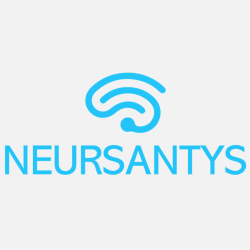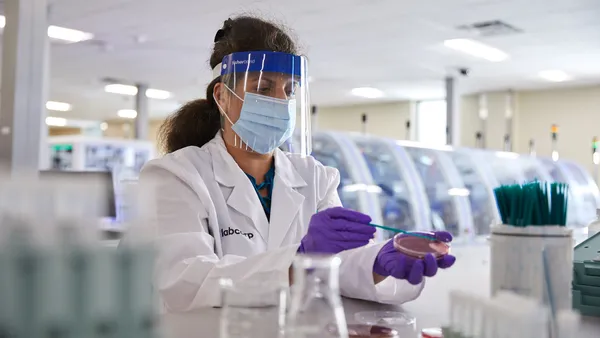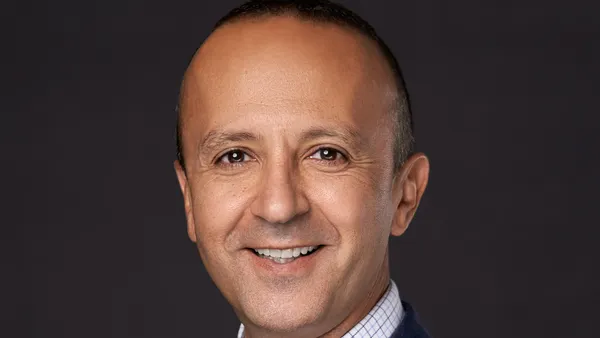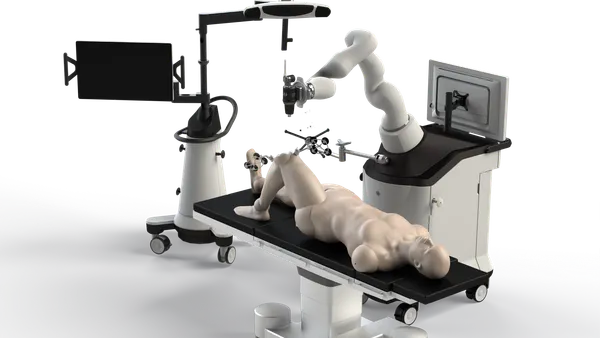UPDATE: May 28, 2020: Fujifilm notified investors Thursday it no longer expects its acquisition of Hitachi's diagnostic imaging business to close in July. The company cited the spread of COVID-19 as a reason certain preparations for the deal have been delayed. "The new completion schedule has not yet been determined and will be promptly given as soon as fixed," Fujifilm wrote in a notice.
Dive Brief:
- Fujifilm will buy Hitachi's diagnostic imaging business for 179 billion yen ($1.63 billion), the company said Wednesday, confirming media reports from earlier in the week.
- The deal between the two Japanese business giants gives Fujifilm new CT, MRI and ultrasound capabilities to compete more fiercely in the global diagnostic imaging market with players like GE, Siemens, Philips and Canon.
- Fujifilm expects the deal to close in July 2020 subject to regulatory clearances.
Dive Insight:
Standing alongside its biopharma and regenerative medicine healthcare arms, Fujifilm's medical systems business has its hands in medical informatics, X-ray, mammography, CT, endoscopy, in vitro diagnostics and ultrasound. The company said contributing its own image processing, AI technology from its REiLI brand, and sales strategy has the potential to expand the value of Hitachi's medical equipment.
In the six months ended Sept. 30, Fujifilm's healthcare and material solutions segment had 492.7 billion yen in revenue, down 1.3% year over year, but operating income of 45 billion yen was up 20%.
Hitachi said in a filing Wednesday the revenues of the businesses being spun out were 143.2 billion yen in the fiscal year ended March 2019, with aging populations, rising chronic disease in developed markets, and growing healthcare investments in emerging markets all driving growth.
After unloading these assets, Hitachi said it will turn its healthcare focus to global expansion of its particle therapy cancer treatment systems, in vitro diagnostic systems, regenerative medicine, and medical and nursing IT platforms. Earlier this year, MD Anderson Cancer Center in Texas tapped Hitachi equipment for a $159 million proton therapy expansion.
In the fiscal year set to end in March 2021, Hitachi expects a 107 billion yen operational gain from selling the business' common shares and 111 billion yen in income due to business reorganization.
Fujifilm is the latest example of a multinational conglomerate changing its healthcare presence. Also in Japan, Canon in 2016 bought Toshiba's medical systems business for approximately 655.5 billion yen. GE this year opted to spin out its biopharma business to Danaher for about $21 billion, a deal cleared by the European Commission Wednesday, and 3M spent $6.7 billion to buy wound care manufacturer Acelity.
Fujifilm's other healthcare-related outlays this year include an approximately $120 million investment in gene therapy manufacturing in the U.S., announced last month, and the $890 million purchase of a biologics manufacturing facility from Biogen in March.













